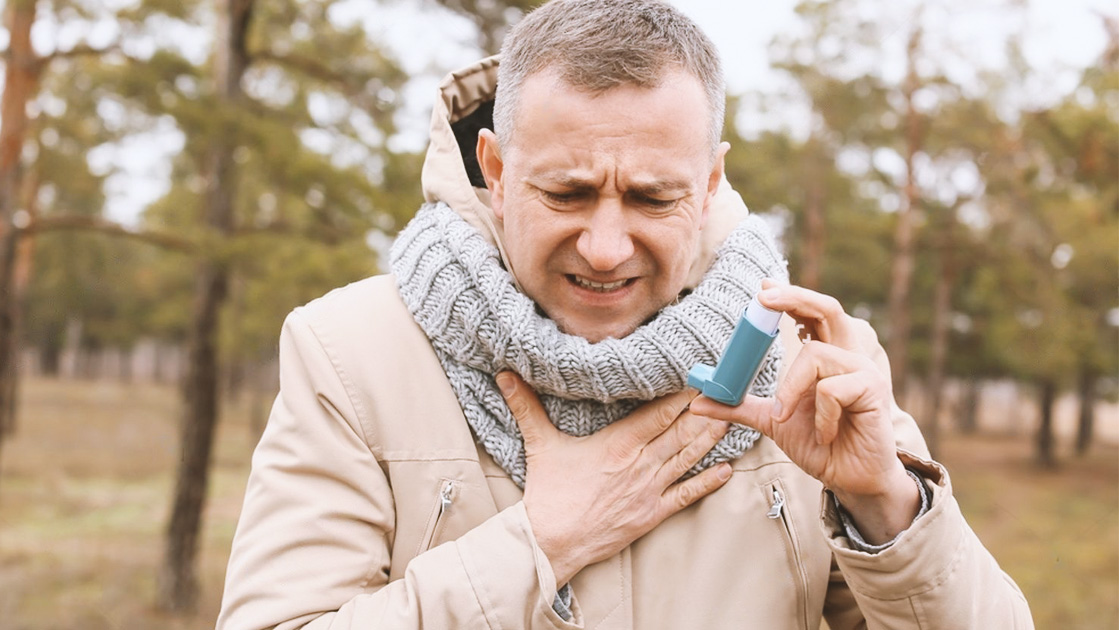Ayurveda for Asthma
Asthma is a common chronic inflammatory disease of the airways characterized by variable and recurring symptoms, reversible airflow obstruction, and bronchospasm. In an asthma patient, it is difficult for air to move in and out of the lungs, triggering symptoms such as coughing, wheezing, shortness of breath, and/or chest tightness. Asthma in Ayurveda is mentioned in ‘Pranavaha Sroto Vikara’ as Swasa is a common lung condition that causes regular breathing difficulties. It affects people of all ages and regularly starts in childhood, even though it can also develop for the first time in adults.


